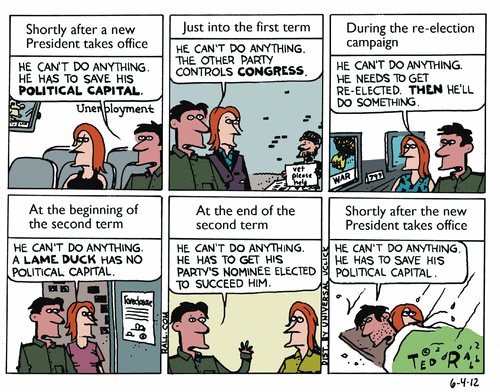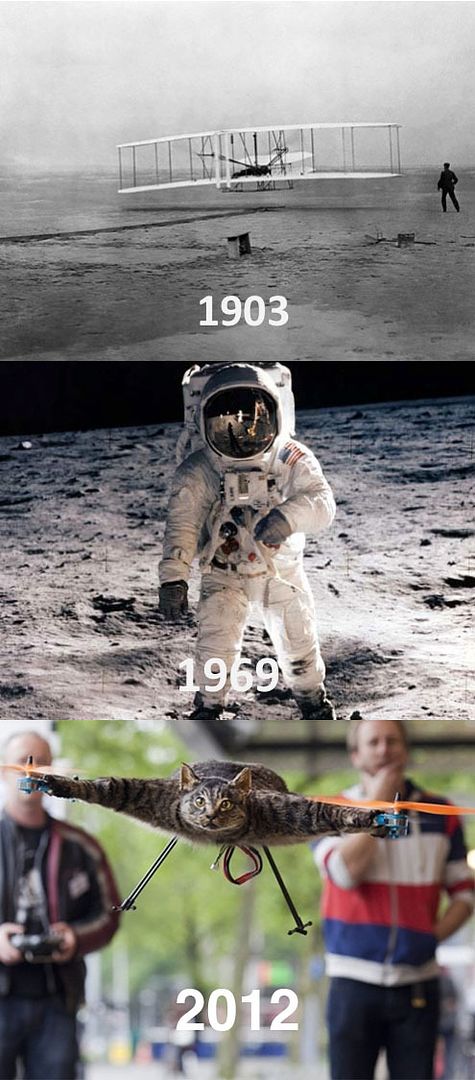From the beginning, there was purpose behind forced schooling, purpose which had nothing to do with what parents, kids, or communities wanted. Instead, this grand purpose was forged out of what a highly centralized corporate economy and system of finance bent on internationalizing itself was thought to need; that, and what a strong, centralized political state needed, too. School was looked upon from the first decade of the twentieth century as a branch of industry and a tool of governance. For a considerable time, probably provoked by a climate of official anger and contempt directed against immigrants in the greatest displacement of people in history, social managers of schooling were remarkably candid about what they were doing. In a speech he gave before businessmen prior to the First World War, Woodrow Wilson made this unabashed disclosure:
We want one class to have a liberal education. We want another class, a very much larger class of necessity, to forgo the privilege of a liberal education and fit themselves to perform specific difficult manual tasks.
—
I know how difficult it is for most of us who mow our lawns and walk our dogs to comprehend that long-range social engineering even exists, let alone that it began to dominate compulsion schooling nearly a century ago. Yet the 1934 edition of Ellwood P. Cubberley’s Public Education in the United States is explicit about what happened and why. As Cubberley puts it:
It has come to be desirable that children should not engage in productive labor. On the contrary, all recent thinking…[is] opposed to their doing so. Both the interests of organized labor and the interests of the nation have set against child labor.
The statement occurs in a section of Public Education called “A New Lengthening of the Period of Dependence,” in which Cubberley explains that “the coming of the factory system” has made extended childhood necessary by depriving children of the training and education that farm and village life once gave. With the breakdown of home and village industries, the passing of chores, and the extinction of the apprenticeship system by large-scale production with its extreme division of labor (and the “all conquering march of machinery”), an army of workers has arisen, said Cubberley, who know nothing.
Furthermore, modern industry needs such workers. Sentimentality could not be allowed to stand in the way of progress. According to Cubberley, with “much ridicule from the public press” the old book-subject curriculum was set aside, replaced by a change in purpose and “a new psychology of instruction which came to us from abroad.” That last mysterious reference to a new psychology is to practices of dumbed-down schooling common to England, Germany, and France, the three major world coal-powers (other than the United States), each of which had already converted its common population into an industrial proletariat.
Arthur Calhoun’s 1919 Social History of the Family notified the nation’s academics what was happening. Calhoun declared that the fondest wish of utopian writers was coming true, the child was passing from its family “into the custody of community experts.” He offered a significant forecast, that in time we could expect to see public education “designed to check the mating of the unfit.” Three years later, Mayor John F. Hylan of New York said in a public speech that the schools had been seized as an octopus would seize prey, by “an invisible government.” He was referring specifically to certain actions of the Rockefeller Foundation and other corporate interests in New York City which preceded the school riots of 1917.
The 1920s were a boom period for forced schooling as well as for the stock market. In 1928, a well-regarded volume called A Sociological Philosophy of Education claimed, “It is the business of teachers to run not merely schools but the world.”

